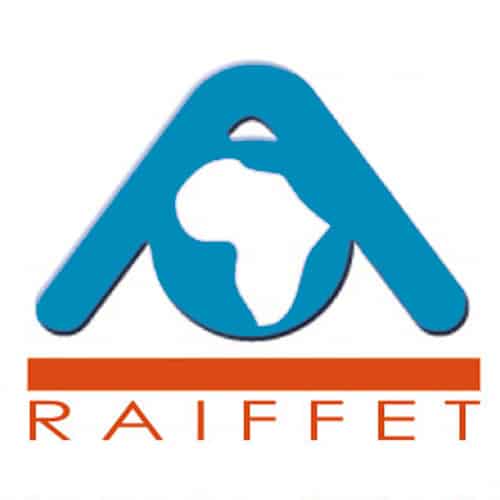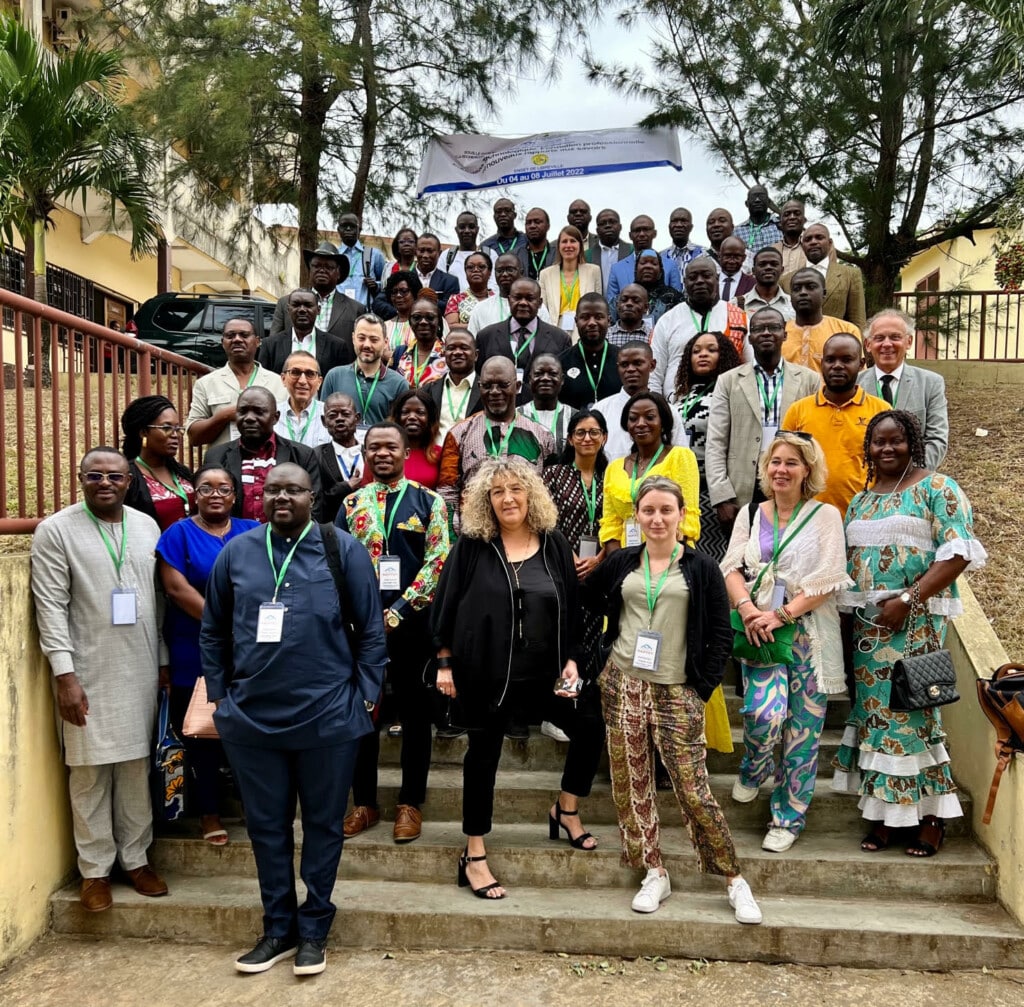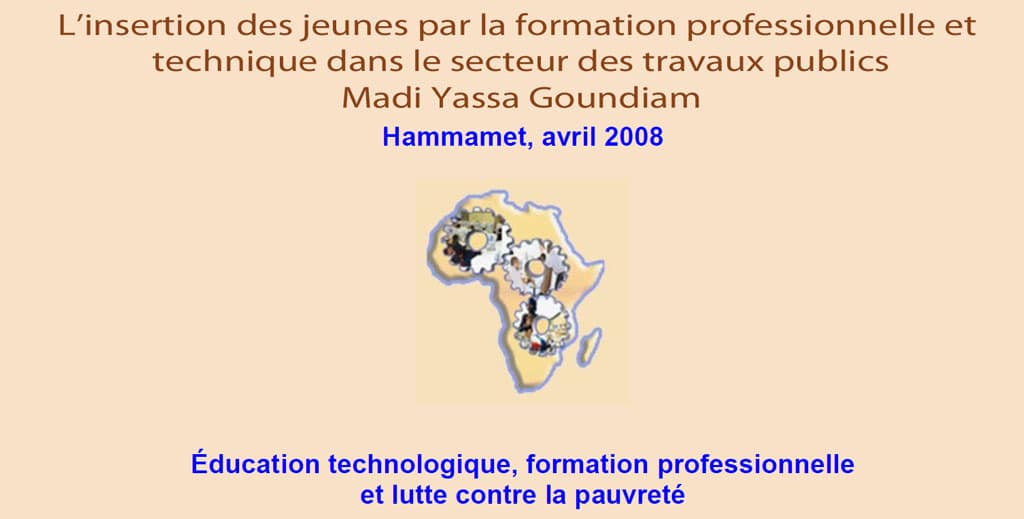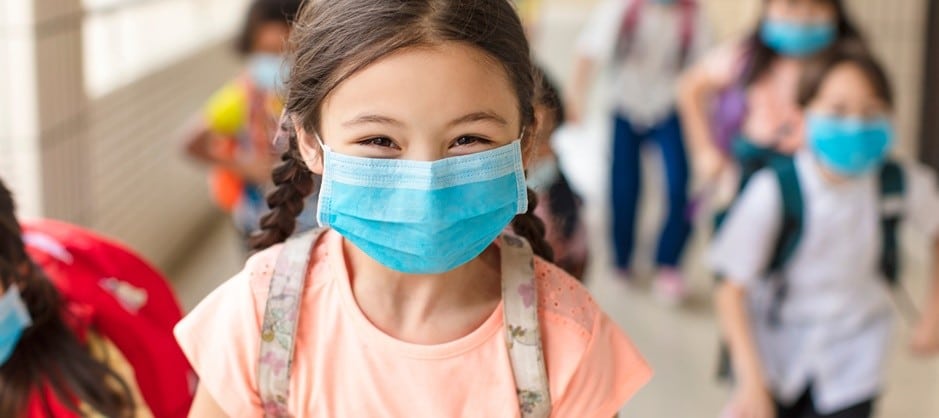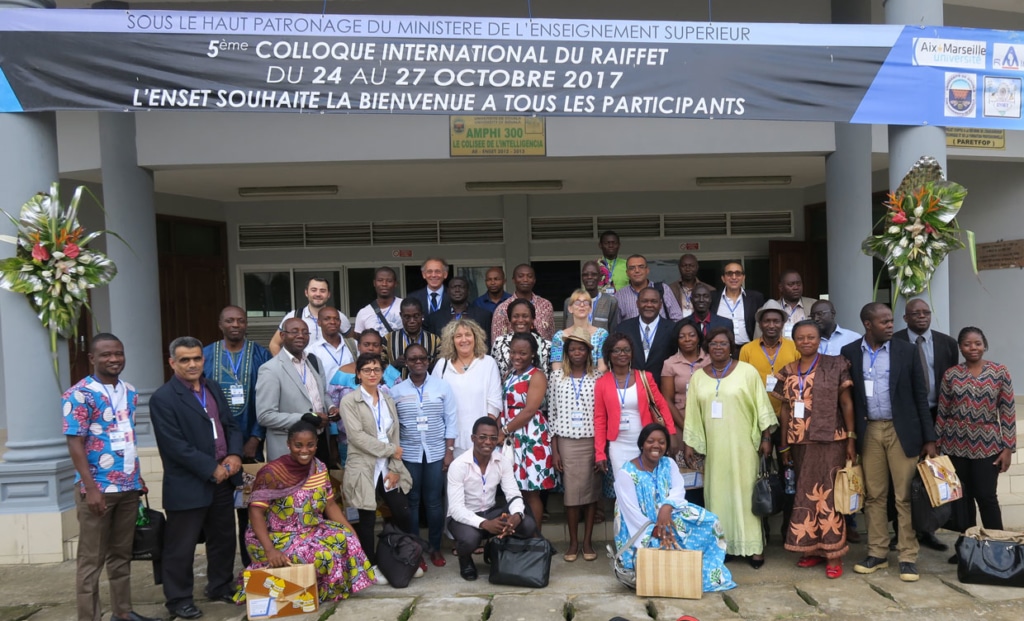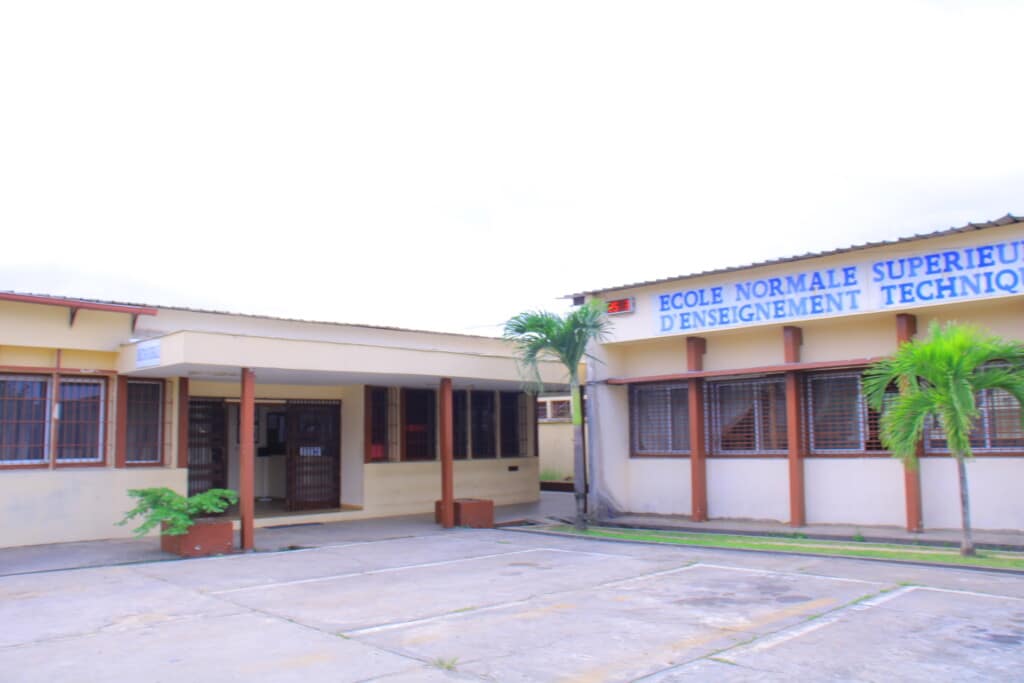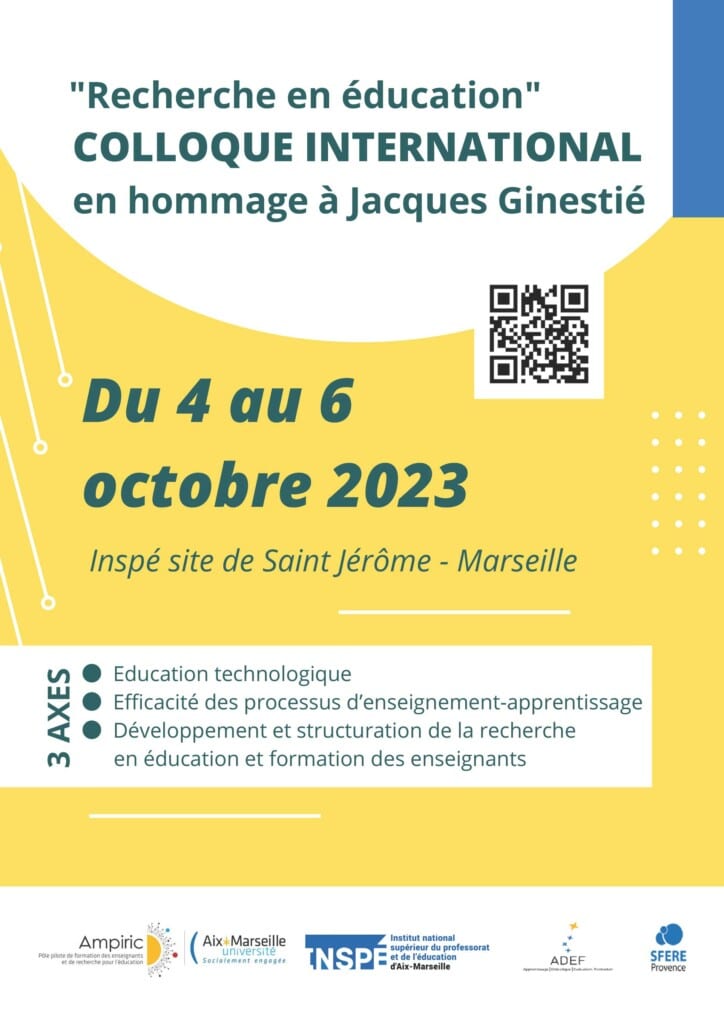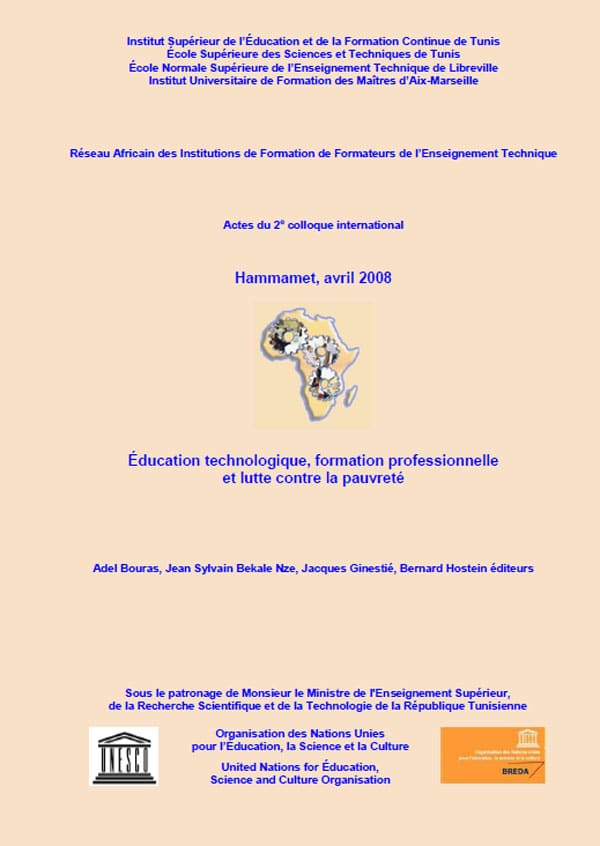
Call for papers for the
6th International RAIFFET Symposium
Technological Education, vocational training
and new relationships with knowledge
Libreville (GABON)
4 to 8 july 2022
To register: https://raiffet2020.sciencesconf.org
Faced with the uncertainties of the current pandemic crisis and security constraints the Organizing Committee has decided to postpone the holding of the 6th RAIFFET symposium to the period 11 to 15 April 2022 in Libreville, GABON.
Preamble
At the instigation of the United Nations, through the adoption of the Millennium Development Goals (MDGs), in particular MDG n ° 2 on the development of basic education, and of UNESCO, through the education for all (EFA) goals, major progress has been made (improved access to education, increased enrolment rates, especially for girls). In sub-Saharan Africa, between 1990 and 2015, the adjusted net enrolment rate in primary education increased from 52% to 80% while the school-age population increased by 86%.
However, significant disparities persist between regions of the world and / or within countries themselves. As a study conducted between 2006 and 2012 shows, only three in five pupils complete primary school. Poverty, gender, place of residence, mother tongue, ethnic origin, handicaps, etc., constitute major factors in the disparity in the education of children who may be eligible for schooling. In sub-Saharan Africa, only 23% of poor girls living in rural areas complete their primary education. Often under the combined effect of these factors, some children are not encouraged to go to school and, when they do, are not encouraged to progress and persevere in their learning either.
[1] United Nations Millennium Development Goals 2015 Report:
https://www.un.org/en/millenniumgoals/reports/2015/pdf/rapport_2015.pdf
[2] 2014 Millennium Development Goals Report United Nations Development: https://www.un.org/fr/millenniumgoals/reports/2014/pdf/MDG_report2014_FR.pdf
With the adoption in 2015 of the new Global Sustainable Development Goals (SDGs) the momentum started with the MDGs continues, particularly in terms of education with objective 4 on education which aims to “Ensure equitable, inclusive and quality education and lifelong learning opportunities for all”. This ambition goes beyond the framework for the development of basic education which was assigned to MDG 2 by falling within a broader, more global and more ambitious scope.
It promotes the ambition of “quality education”, from preschool to university, including Technical and Vocational Education and Training (TVET) and non-formal education. In this sense, it constitutes a pivotal element contributing directly to the achievement of all the other SDGs. The quantitative objectives remain the priority but the introduction of the quality advocated by Inchéon’s 2030 Framework for Action invites all education stakeholders to refocus their efforts on the quality of teaching and learning and on the acquisition of skills. Three levels of action are therefore envisaged :
- At the level of educational policies, in particular through curriculum reforms to enable the acquisition of knowledge, skills, values and attitudes which all children, young people and adults need or will need to become active participants in the transformation of the societies in which they live;
- At the level of learning which must allow the mastery of basic knowledge (reading, writing, counting, reasoning) with a view to continuing studies and / or building a socio-professional future;
- At the level of teacher training which should allow each teacher to exercise their profession in the best conditions and develop their knowledge and professional skills.
These three levels of action go together and organize the role of the School (whatever its form, level, expectations, etc.) by organizing the teaching-learning processes: a School only exists because a political institution decides that an education institution will transmit established knowledge to students. In fact, there is a conjunction of a set of interactions which establishes the relationship with pupils’ knowledge within the school setting, which is a particular setting, different from the family setting or from the local social setting.
In their traditional forms, schools organized, structured and developed by European countries (and more generally Western countries) have served as models for the development of many education systems, particularly in countries of the South, and very often in an imposed organization through colonial policies. These traditional forms induce vertical relationships to knowledge; the teacher knows and teaches students who do not know in a relationship where knowledge is authoritative and where the teacher imposes this authority by making it his own.
Numerous works by psychologists, pedagogues, sociologists, didacticians, etc., have studied these forms of relation to knowledge; they questioned these modes of transmission which appear ineffective, and even counterproductive. It is through the training of teachers, by proposing curricular organizations which are based on the development, cognitive in particular, of children and adolescents and by putting forward educational organizations promoting this development that we make schooling organizations evolve profoundly including their effectiveness in the knowledge acquisition.
Under the influence of the generalization of digital technologies but also because of the massification of access to education and the increase in social expectations for an inclusive, benevolent school, bearing the hopes of offering socio-professional opportunities, modes of access to knowledge evolve and lead to a significant modification of the relationship to knowledge within the framework of educational institutions.
For example, access to increasingly massive databases puts virtually unlimited knowledge bases within everyone’s reach, and well beyond what textbooks could provide, when they were available in schools. Another example, the use of simulation applications makes it possible to bring very sophisticated practical work devices into classrooms which are largely inaccessible in their hardware version. We could still multiply the examples resulting from these developments; this easy access, this availability, this increase in potential does not necessarily translate into a change in educational organizations, and the top-bottom transmissive model is still largely favoured. Thus, the confrontation between a School of tradition and a School of change has never been so strong and the resulting tensions invite each and every one to question the school forms that our organizations should take for the transmission of knowledge.
It is in this perspective to debate what these new relationships to knowledge produce as the evolution of our school organizations, whether through the educational policies developed and implemented, the evolution of teaching-learning processes that organize interactions between student, teacher, knowledge or even teacher training organizations to prepare these professionals for changes in their profession.
Themes of the colloquium
This sixth colloquium will be an opportunity to confront opinions on this issue of new relations to knowledge, whether one considers this issue at the level of basic education within the framework of education for all (EFA), at that of technological and vocational education and training (TVET) or at the level of the training of teaching professionals. It is therefore a matter of questioning ourselves on the way in which new relations with knowledge are constructed along 3 axes:
Axis 1 – Educational policies and new relations with knowledge
This first axis questions the impact of educational policies on school and training organizations, especially in the fields of scientific, technological, and vocational education. In this theme, the proposals will focus on presenting experiments or works that aim to assess, or even measure the effects of a particular political decision on the issue of education for all, whether it is ” access to scientific and technological culture, inclusive education, better training-employment links or even teacher training to enable them to set up quality education”.
Axis 2: Teaching – learning and new relations with knowledge
This second axis examines the organizational conditions of teaching situations likely to promote the appropriation of knowledge or skills by children, adolescents, or adults. In this theme, the proposals will focus on presenting experiments or research work aimed at characterizing the effectiveness of the didactic system through the analysis of what the teacher teaches and what the students learn. In other words, how do organizations set up by the teacher promote or undermine the possibilities of access to knowledge by every one of the individuals who make up the diversity of learners? This question will also be the occasion to initiate a reflection on the role of the initial and continuing training of teachers in considering the effectiveness of these organizations.
Axis 3: Information and communication technologies and new relationships with knowledge
This third axis questions the role of Information and Communication Technologies in the teaching-learning process. The generalization of the use of digital technology induces new forms of relationship to knowledge of actors whose choice and organization will be decisive in terms of learning effectiveness. In this perspective, analysing the role of these tools that instrument the activities of learners and teachers aims to understand and explain the effects of their integration into the teaching-learning process. This theme will provide an opportunity to answer many questions regarding educational development in scientific, technological, and vocational education. It will be a question of being interested at the same time in didactic effectiveness, in what the instrumented activity allows the trainees (pupils, students, trainees, …) to learn and to develop as skills, as well as in the renewal of the practices of teachers (and thus on their initial and continuous training).
Objectives of the Colloquium
This colloquium should promote exchanges between partners and especially between participants. It is not the only institutional meeting, but it is an opportunity to develop scientific cooperation, promote innovative practices and contribute to the professionalization of actors. This training in and through educational research contributes to the professionalization of all the partners in the network. It is an opportunity to disseminate the results of research carried out in the field of scientific and technological education and vocational training, to discuss innovations, a vector for the development of societies, to promote the construction of future joint programs and to support scientific publication to promote research carried out beyond our local networks.
In addition, it aims to support doctoral and post-doctoral students in a process of communications and scientific publications.
Timeline and submission of papers
Completed papers worth15,000 characters (spaces and punctuation included) excluding bibliography are expected.
Reminder call for papers: June 15, 2021
Submission of articles: October 15, 2021
Notification of acceptance and correction requests: December 15, 2021
Submission of finished articles: March 16, 2022
Pre-registration
To allow us to support you in the search for funding for your participation in the conference and in order to facilitate communication between us, we ask you to pre-register as soon as possible.
As soon as you have pre-registered, we will send you an official RAIFFET letter in order to allow you to request your home institution (university, school, laboratory, NGO, company, etc.) to obtain funding for your participation in the conference.
We will also contact the management of your institution to support your request.
In any case, we will accompany you to help you find funding to allow you to participate.
To register: https://raiffet2020.sciencesconf.org
To find out more via the RAIFFET website: https://raiffet.org/ressources-raiffet/2022-colloque-de-libreville-au-gabon/
“Jacques GINESTIÉ Young Researcher” Award
At each of its conferences, the RAIFFET grants the “Jacques GINESTIÉ Young Researcher” award. This award aims to recognize the work of a young researcher recently engaged in research.
The criteria adopted concern the quality of scientific production, the originality of the work carried out, as well as the interest and social scope for the development of education, particularly in Africa.
All doctoral students or young doctors (having defended their thesis between 2018 and 2021) can apply, without any condition of nationality, language of writing of scientific work or country in which the work was carried out.
To be able to apply, interested persons must submit in addition to their conference paper :
- a detailed Curriculum Vitae (four pages maximum, detailing teaching activities, research activities and responsibilities exercised)
- The list of scientific publications produced by the candidate and distinguishing between articles, books and book chapters, communications in conferences (specifying whether these communications are published or not in proceedings). The list will be provided following APA 6th standard.
The “Jacques GINESTIÉ Young Researcher” award is given to the winners during the Gala evening.
The President of RAIFFET,
Dr MOUITY Christian
Hélène CHENEVAL-ARMAND,
President of the Scientific Committee of RAIFFET
AIX MARSEILLE University
